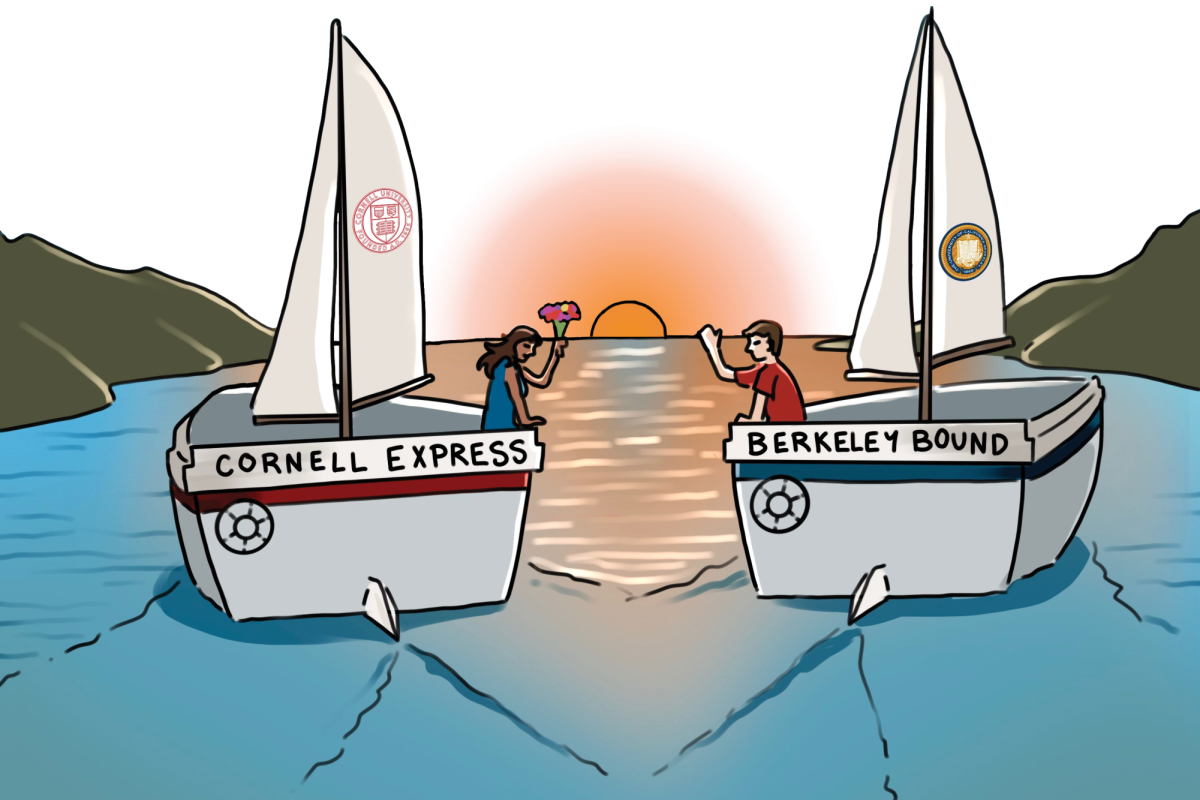By Shayna Freisleben
Charlotte Abrams â09 is protective of her brother Henry. She warded off his bullies when he was in elementary school. She often finds herself explaining why he does not attend the same school as she does. When Abrams received her driverâs license, she became responsible for his transportation around town. In many respects, Henry is treated like a younger sibling. However, Henry is three years older than Abrams and suffers from autism spectrum disorder.
Henry has Aspergerâs Syndrome, a form of autism that permits him to be relatively high-functioning and to participate in many regular activities. It can be characterized by severe and sustained impairment in social interaction combined with restricted, repetitive and stereotyped patterns of behavior, interests and activities, according to the Center for Autism and Related Disorders. Abrams said that Henry has trouble detecting social cues and making friends, frequently hides in his room, and occasionally has an off sense of humor. While Abrams is preparing to attend a four-year college, Henry has been in and out of a community college. He has had trouble adapting to different environments and making friends, which is difficult for Abrams to watch.
“It can be hard to see him go at his own pace because of his disability,” Abrams said. “Itâs gotten harder as I have gotten older because I want to do more for him.”
When Abrams was younger, she would seldom discuss Henryâs condition. She learned of her brotherâs disability in elementary school, around the same time he began learning about it. Abrams takes comfort in the fact that they have grown with his Aspergerâs together.
“We always knew that he was different from other kids, but [knowing] made things easier,” she said. Abrams believes that her family dynamic is not drastically different because of Henryâs condition.
However, having an autistic sibling has required Abrams to grow more independent than her peers. She has been accustomed to caring for herself from a young age when her parents were tending to Henryâs needs.
“Independence will never mean taking care of only me, it will mean making sure that he is okay too,” Abrams said.
Abramsâ responsibility for Henry has increased and proven more challenging as she has gotten older. As he nears the age of looking for a job, Abrams realizes the potential of taking even more care of Henry.
“I donât look at it as a burden, but there is obviously a great chance of having to support him both financially and emotionally when I grow up,” she said.
Abrams and Henry have ultimately developed a relationship comparable to any brother and sister, and their differences draw them closer together. When Abrams attended a school year abroad in Spain last year, being away from Henry the hardest.
“We are really such polar opposites,” Abrams said. “Our lives are so different that we are able to go to one another and talk about things.”


























